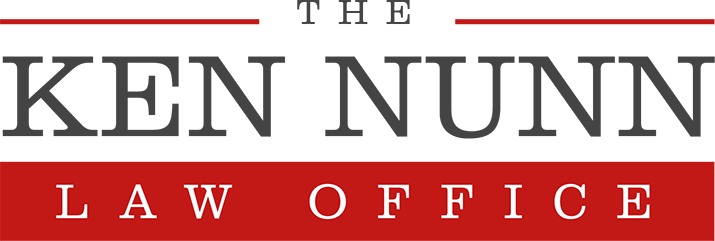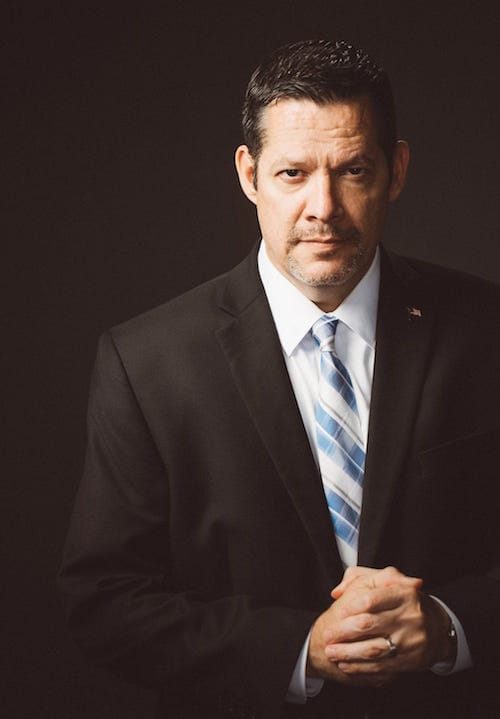The Centers for Disease Control and Prevention (CDC) has reported that “Over 800,000 patients a year are hospitalized because of a fall injury,” with the majority of traumatic brain injuries (TBIs) and hip fractures being caused by falls.
Falling on a property can cause serious and even life-altering damage. What’s more, falling can result in high medical expenses and place a financial burden on you and your family. For seniors and people of other vulnerable communities, falling can be devastating to their overall physical health as the time spent in recovery can make getting active again quite difficult.
That’s where our Indianapolis slip and fall lawyers come in! If you slipped, tripped, or fell on someone else’s property due to their carelessness, don’t wait. Contact us today and find out what legal options are available for you to pursue.

















